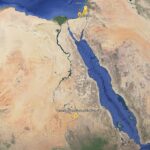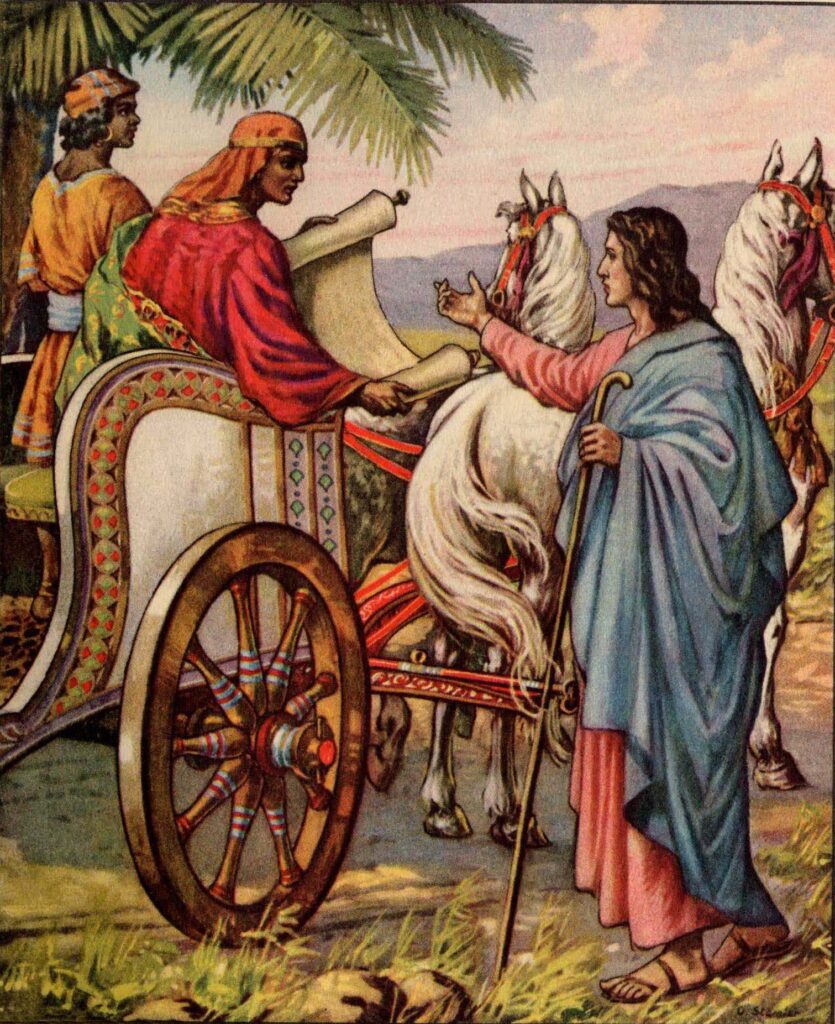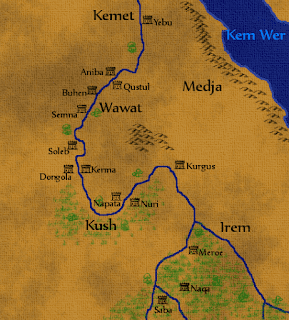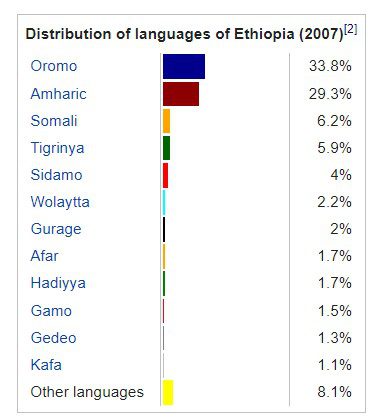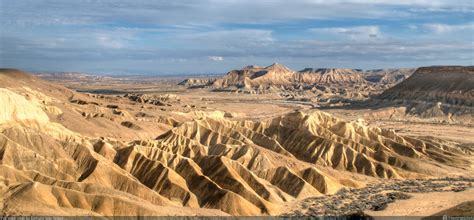Jeremiah tells us [in Lamentations 3,4 & 5]:
I am the man who has seen affliction
Because of the rod of His wrath..Remember my affliction and my wandering, the wormwood and bitterness.
Kinoth-Ecah How? :אֵיכָה
How doth the city sit solitary, that was full of people!
how is she become as a widow! she that was great among the nations, and princess among the provinces,
how is she become tributary!
Lamentations 1:1 KJV – the sorrows of Zion
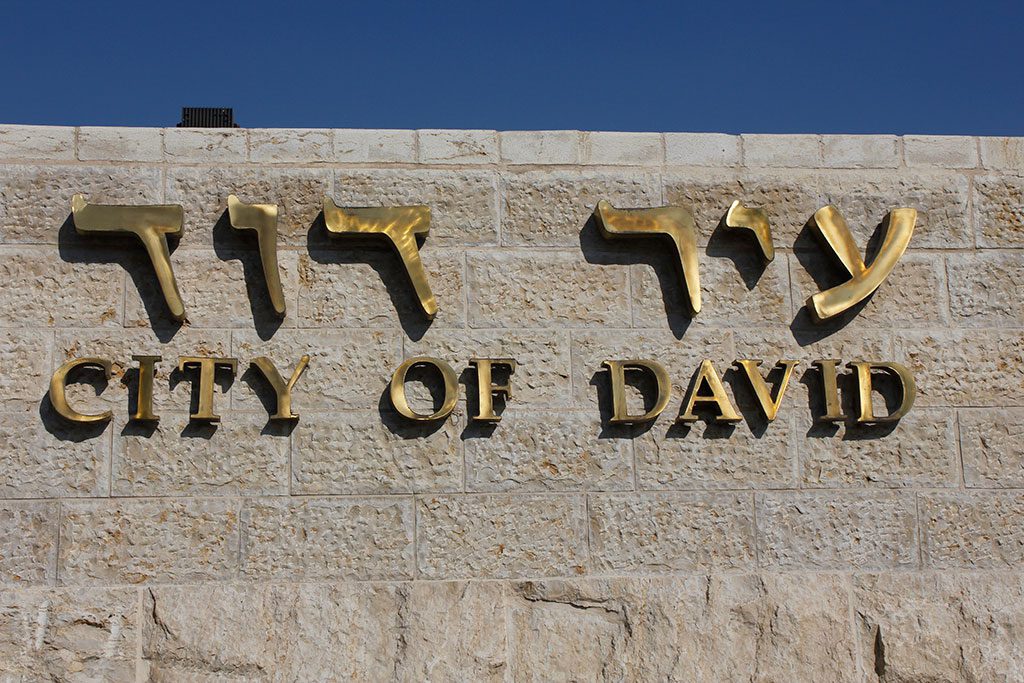
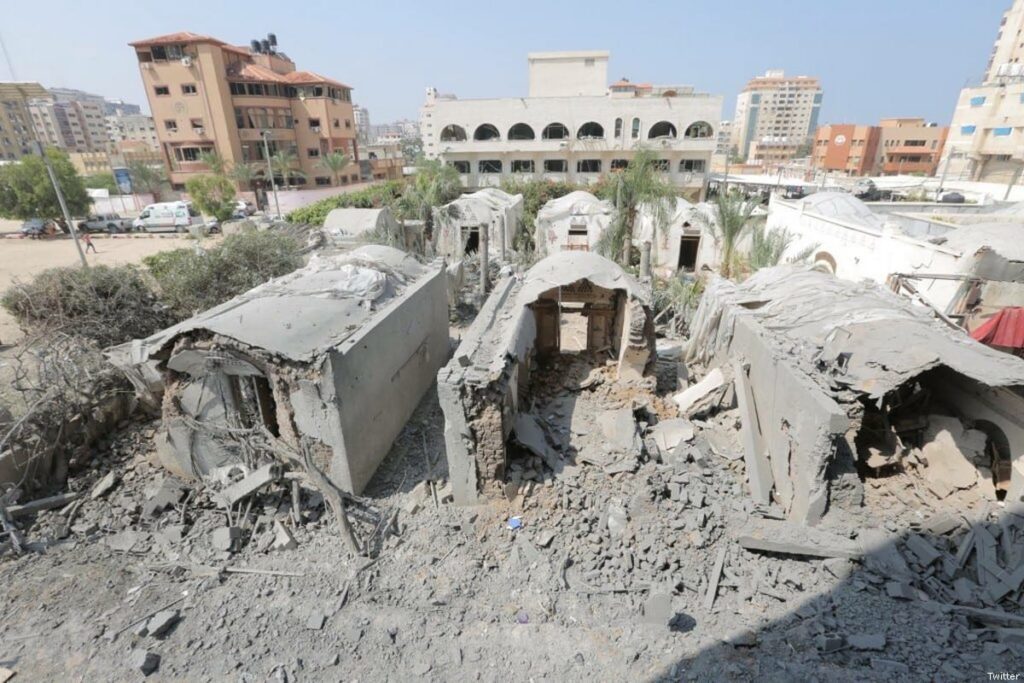
The ways of Zion do mourn, because none come to the solemn feasts:
all her gates are desolate: her priests sigh, her virgins are afflicted, and she is in bitterness.
Her adversaries are the chief, her enemies prosper; for the LORD hath afflicted her for the multitude of her transgressions:
her children are gone into captivity before the enemy.
the Lamentations of Jeremiah 1:4-5 KJV
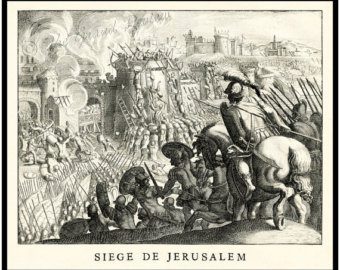
Get the picture? Jerusalem completely destroyed and its people led captive into Babylon – 605-597 B.C.
In A.D.70 it would be ROME that would again destroy a Jerusalem built under the Caesars by its Herodian kings who again rejected God.
Commentary on Lamentations
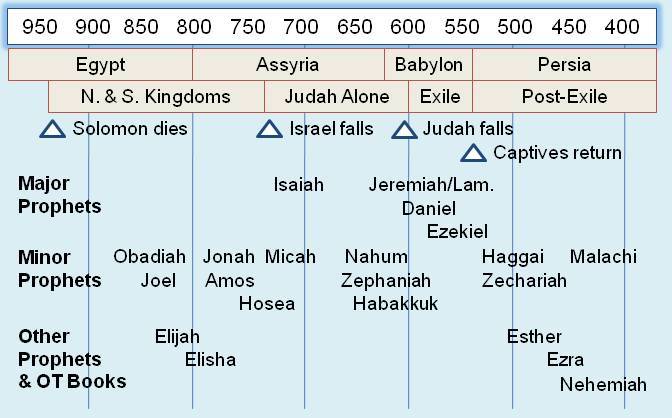
As noted in my introduction and outline to this SERIES for Lent 2025 CE, although JEREMIAH belongs to the timeline as a PROPHET predicting the destruction of Jerusalem by the LORD, Lamentations – written AFTER its fall — (like the Psalms) belongs with the Scriptures.
Matthew Henry
An Exposition, With Practical Observations, of
The Lamentations of Jeremiah
Since what Solomon says, though contrary to the common opinion of the world, is certainly true, that sorrow is better than laughter, and it is better to go to the house of mourning than to the house of feasting,
we should come to the reading and consideration of the melancholy chapters of this book, not only willingly, but with an expectation to edify ourselves by them;
and, that we may do this, we must compose ourselves to a holy sadness and resolve to weep with the weeping prophet.
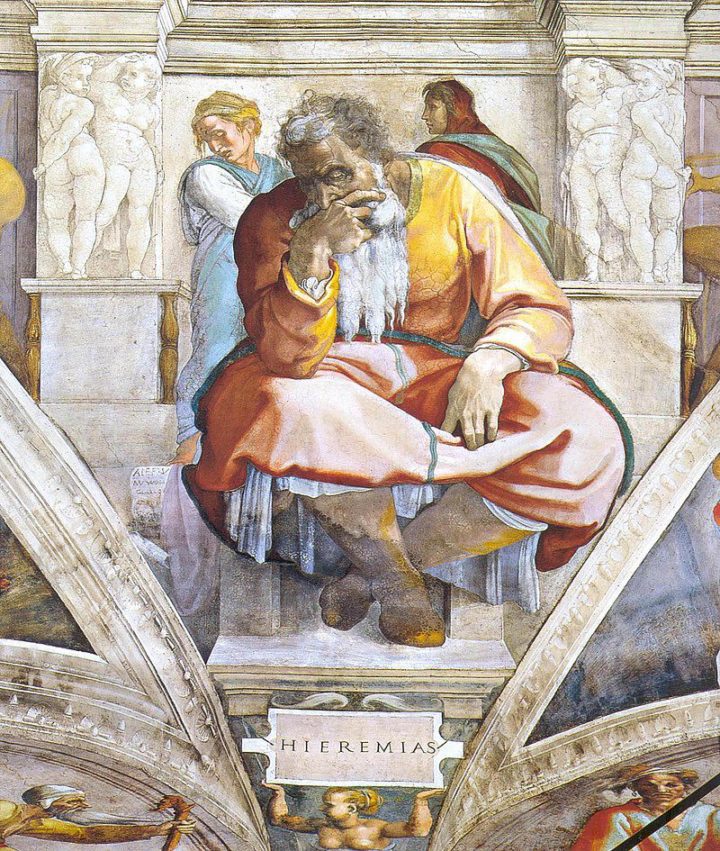
- from the first word Ecah-How
- Jewish commentators call it, as the Greeks do, and we from them, Kinoth-Lamentations.
As we have sacred odes or songs of joy, so have we sacred elegies or songs of lamentation;
such variety of methods has Infinite Wisdom taken to work upon us and move our affections, and so soften our hearts and make them susceptible of the impressions of divine truths, as the wax of the seal.
We have not only piped unto you, but have mourned likewise, Mt. 11:17.
Reverend Matthew Henry, minister of the Gospel in Chester, England,
About Reverend Matthew Henry:
Born 1662 the year that the Act of Uniformity was enacted, which saw over 2,000 Anglican clergymen ejected from their pulpits.
In 1686, Matthew Henry was invited by a local Nonconformist minister to establish an assembly in Chester, England, While in Chester, Matthew Henry founded the Presbyterian Chapel on Trinity Street.
June 22nd 1714, he went to be with God.
The Lord Has Destroyed Without Pity
ESV HEADING – Lamentations 2
The elders of the daughter of Zion
sit upon the ground, and keep silence:
they have cast up dust upon their heads;
they have girded themselves with sackcloth:
the virgins of Jerusalem hang down their heads to the ground.Lamentations 2:10
Authorized (King James) Version
“I am the man:” – Before and After
I'll remind us again of my discovery that the Hebrew Bible [Tanakh] includes Yirmiyahu (Jeremiah) Nevi'im (Prophets) and in a later section Eichah in Ketuvim (Scriptures).
HERE we must see the Prophet in both his earlier identification with a chosen people turned against the LORD and later as a man suffering along with them after the prophesies had come true.
You have persuaded me, O YHWH, and I am persuaded;
You have hardened me, and prevail, “
” I have been for a laughter all the day,”” Everyone is mocking at me,
Yet now the Prophet identifies with them as he surveys God’s people under the wrath and punishment of the LORD.
Lam 3:1 – I am the man that hath seen affliction by the rod of his wrath.
2 He hath led me, and brought me into darkness, but not into light …
17 -18 And thou hast removed my soul far off from peace: I forgat prosperity. And I said,
My strength and my hope is perished from the LORD:
What HOPELESSNESS! What travail!
And HERE we find the thread connected to ASH WEDNESDAY and LENT — a dark and narrow inescapable path out of a dark garden toward a Cross overlooking Jerusalem’s refuse.
Crushed – dāḵā‘ : דָּכָא
Before we proceed and also show where Jeremiah uses this word both here and earlier in his prophesy, let's consider its DEFINITION:
Strong’s H1792 – dāḵā’ –
dakā'- ---------------- * Lexicon numbers of Hebrew parts of speech in Strong's H???? will help you apply these to English, Greek (G????) and other translations.
verb – A primitive root (compare דָּכָה (H1794)) another verb (same pronunciation) [A primitive root (compare דַּךְ (H1790)-adjective, and דָּכָא (H1792))-another verb]
To crush, be crushed, be contrite, be broken
– be shattered, to be made contrite, (Hithpael) to allow oneself to be crushed
- Have you found this most appropriate thread for the contrition of Lent?
They are not humbled [H1792 – the same Hebrew word] even unto this day,
neither have they feared,
nor walked in my law, nor in my statutes, that I set before you and before your fathers.
From the Prophesy of Jeremiah 44:10 KJV (Hebrew visible in the link)
Therefore thus saith the LORD of hosts, the God of Israel; Behold, I will set my face against you for evil, and to cut off all Judah.
Humble your-SELVES or be CRUSHED!
Jeremiah, who served as both a priest and a prophet for decades even before 568 B.C.
The warning of the LORD is clear, yet still ignored. The Nation claimed for G_d already DIVIDED (captive Israel and soon to be captive Judah) — in spite of Jeremiah’s strong rebukes continues to reject the will of the LORD.
Therefore, when Jeremiah wrote or dictated Lamentations during or soon after Jerusalem’s fall in 586 B.C. we observe that it is too late, for the LORD has crushed His own disobedient Nation.
For the Lord will not
cast us off forever.
Even if He causes grief, He will show compassion
according to His abundant loving devotion.
For He does not willingly afflict
or grieve the sons of men.
34 To crush underfoot
all the prisoners of the land,
to deny a man justice
before the Most High,
Lamentations 3:31-35 BSB
To crush underfoot
This phrase evokes imagery of oppression and domination, often used in the context of military conquest or tyrannical rule. In biblical times, crushing underfoot symbolized complete subjugation and defeat.
.. as a metaphor for the spiritual and emotional oppression experienced by the people.
In a broader biblical context, it reflects the consequences of sin and rebellion against God, as seen in other scriptures..
Commentary ‘ Doth not the Lord look on this? ‘
(34-36) To crush . . .—The triplet of verses forms one sentence dependent upon the final clause, “The Lord approveth not,” literally, doth not look on. ..The three forms of evil specified are (1) the cruel treatment of prisoners of war, such as Jeremiah had witnessed daily at the hands of the Chaldeans; (2) the perversion of justice in a public tribunal acting in the name of God (Exodus 23:6); (3) every form even of private injustice.
Ellicott’s Commentary for English Readers
HOW has Christ been sent to the CROSS?
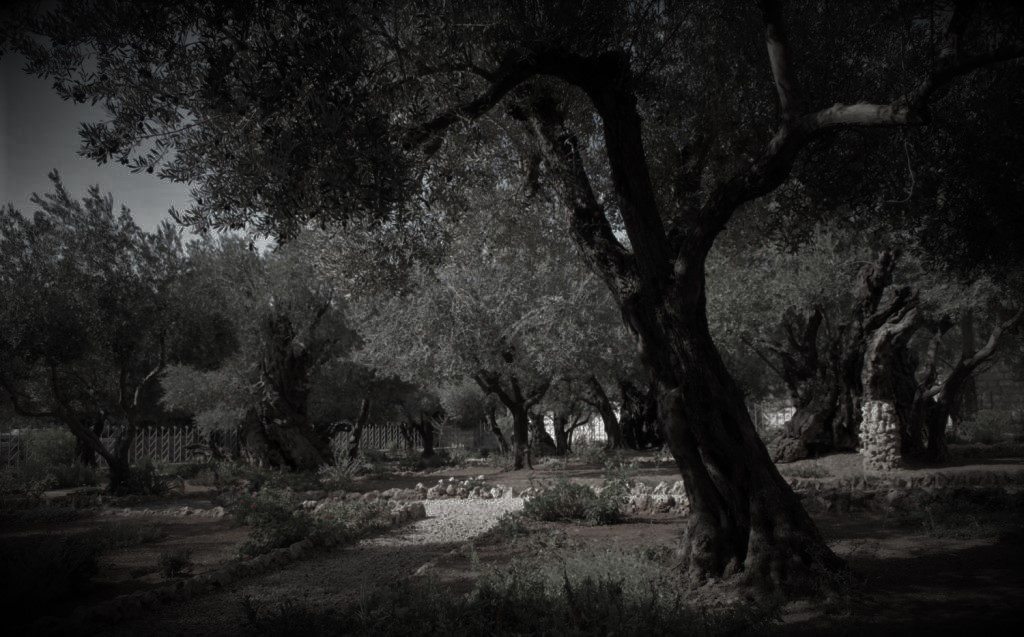
Consider Christ in the Garden of Gethsemane :
as prophesied by Isaiah
But he was pierced because of our rebellion,
crushed because of our iniquities;
punishment for our peace was on him,
and we are healed by his wounds.
We all went astray like sheep;
we all have turned to our own way;
and the LORD has punished him
for the iniquity of us all.
Talk of JESUS . com

Are you a CRUSHED worker for the Gospel of our Lord and Saviour CHRIST JESUS, who was crushed for us?


